One of the first things we learn as new parents is how to comfort our crying babies. Soothing them is a top priority, and some of us may find that a pacifier comes in quite handy. Babies are born with a natural need to suck, and a binky could be just the thing to fulfill that need – especially when your child is still fussy after you’ve exhausted other resources.
But is there an age limit for using pacifiers?
“Your kid still uses a pacifier? Isn’t he too old?” “He’s a big kid now. He doesn’t need it anymore!” Remarks like these may sound familiar to parents who feel pressured to take the soother away. To the mummies out there who feel judged or are worried that their kids are past the age of the binky: Remind yourself that you’re the parent, and no one is more familiar with your child’s needs.
When it comes to quitting the pacifier, there isn’t an age set in stone. But here are some significant milestones and factors to help you make the call.
6 Months: Wean Before Attachment Grows

According to Dr. Harvey Karp, pediatrician and bestselling author of Happiest Baby on the Block, babies do not develop an emotional attachment to objects until six months, so if you take the pacifier away before then, it will be less of a battle. It’s probably easier to say bye-bye to the binky earlier rather than later before you risk growing dependency. Another benefit of early weaning is that your infant will learn how to self-soothe, which is essential.
12 Months: Beware of Speech Development
Some pediatricians and speech experts advise quitting the pacifier when your child reaches his first birthday. Twelve months marks the beginning of a dramatic speech development phase. We’ve all felt enormous joy in hearing our little ones babbling away. It’s important that your child practices talking, but having a binky in his mouth lessens verbal exploration. In addition, long-term use may affect the development of his tongue and lip muscles.
2-6 Years: Watch Out For Dental Problems
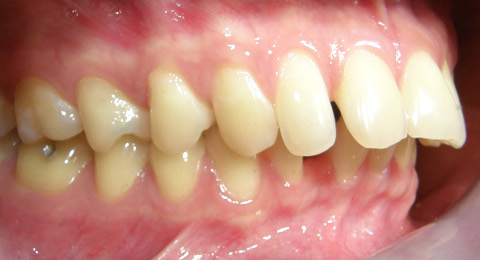
Dental issues are commonly cited problems associated with the extensive use of pacifiers. There’s a chance that prolonged sucking could cause your child’s upper teeth to protrude. To make sure that your child’s teeth are in good order, simply ask the pediatrician or dentist to do a quick check. But don’t worry too much about pacifiers causing lasting damage to baby teeth. It’s the permanent teeth you should look out for. By the time your child’s permanent teeth start coming in—usually around age 6 – it’s advisable to pull the plug on the pacifier, not only for dental reasons but for social ones as well.
Preschool Years: Consider Social Reasons
It’s a bittersweet feeling when your kids start preschool. You’re proud, in disbelief that they’re growing up so fast, amazed by what they’re learning, and worried about how they’ll fit in. One hindrance could be the continuation of his paci use. Kids that young don’t usually judge each other – after all, some are in training pants and some still use milk bottles – but if your child is going about activities in class with a binky in his mouth, it might not be ideal for answering questions or socializing with peers. If you don’t wean him now, there’s a chance that he’ll get teased later on.
At All Times: Weigh The “Need.” Who Needs It More—Your Child, Or You?
Perhaps you’ve become too accustomed to using the pacifier as a go-to remedy for every tear, fall, or bad mood. But “to insert the plug every time your child cries is an unhealthy reliance on an artificial comforter,” says baby expert and bestselling author Dr. William Sears. “Always relying on an alternative peacemaker lessens the buildup of your child’s trust in you and denies you the chance to develop baby-comforting skills.”
When you’re deciding whether your child is too old for the pacifier, try asking yourself, “Does he really still need it?” We mentioned that babies are born with an intense need to suck. But this need should diminish with time, especially when you encourage your child to self-soothe or accept other sources of comfort. And the best source of comfort is you.
By Jenny Tai.
* * * * *
Like what you see here? Get parenting tips and stories straight to your inbox! Join our mailing list here.
Want to be heard 👂 and seen 👀 by over 100,000 parents in Singapore? We can help! Leave your contact here and we’ll be in touch.



































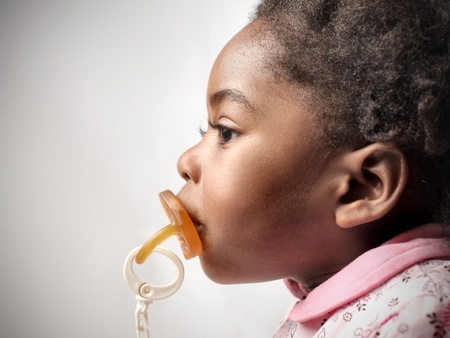
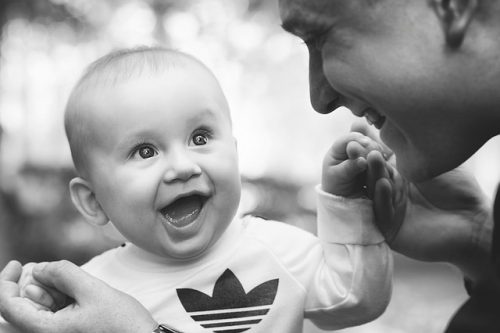

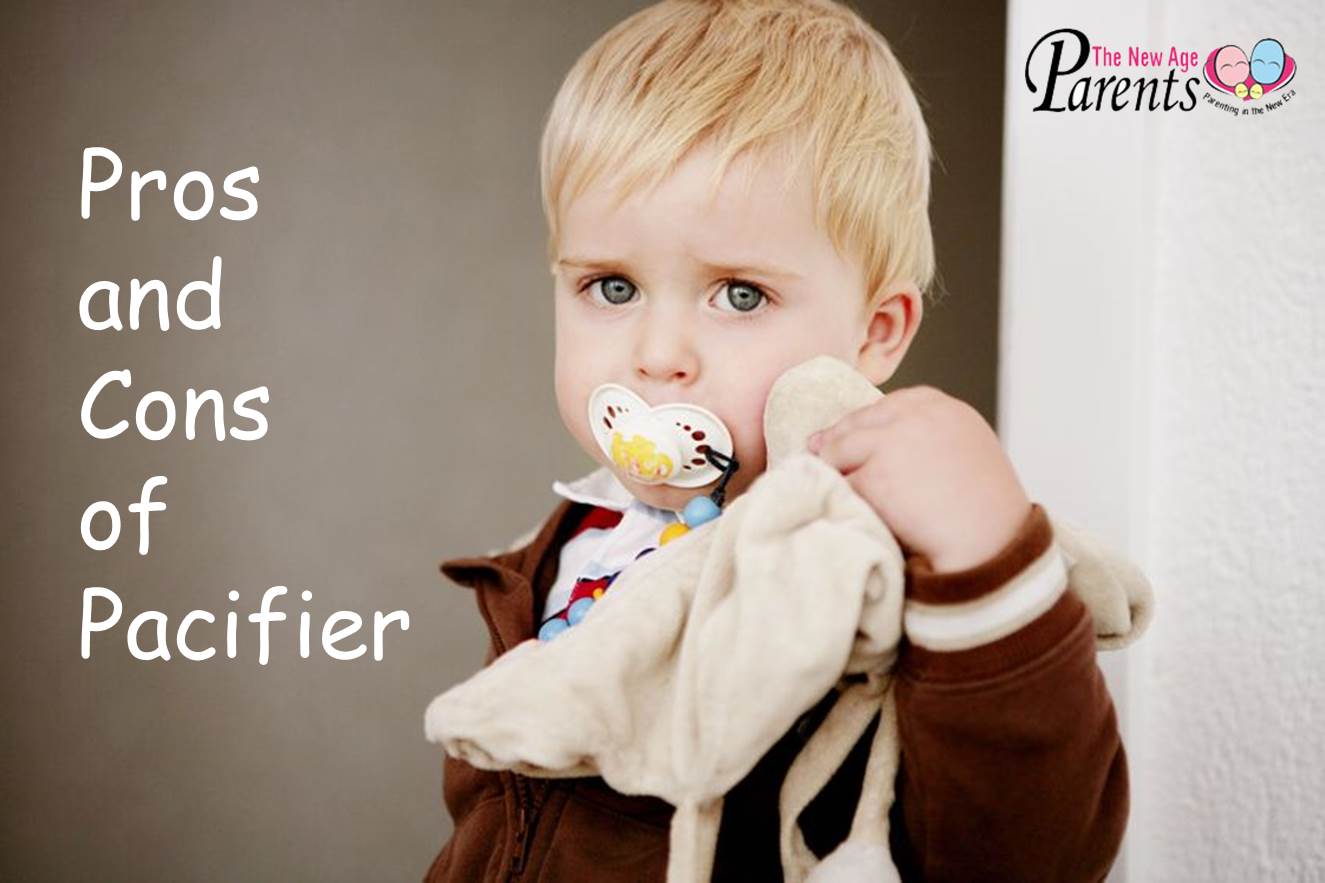
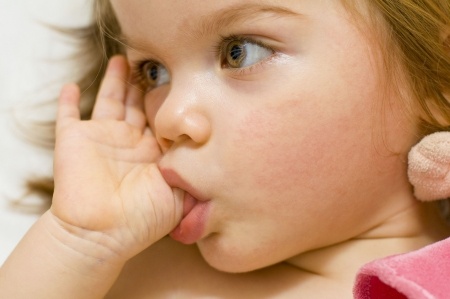
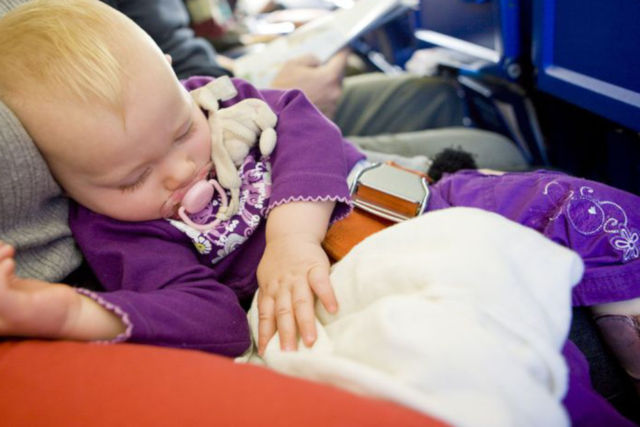


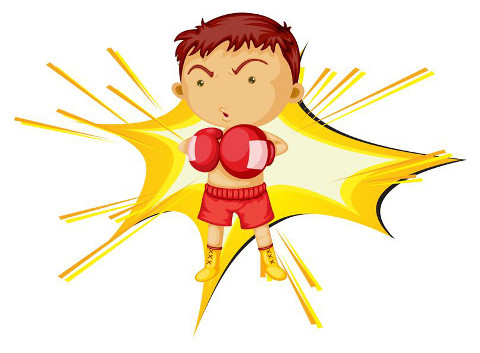

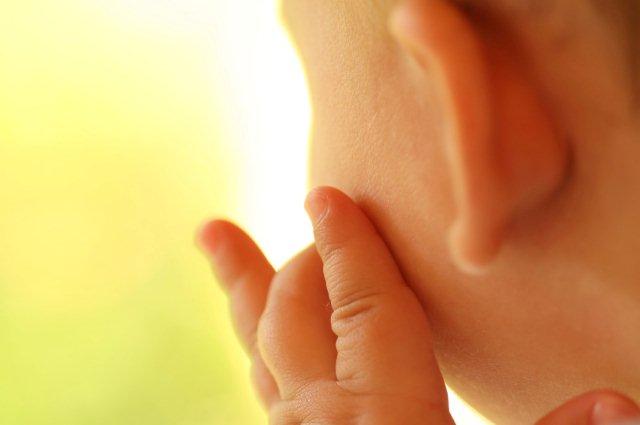


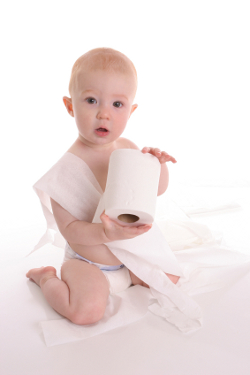









Leave a Comment: